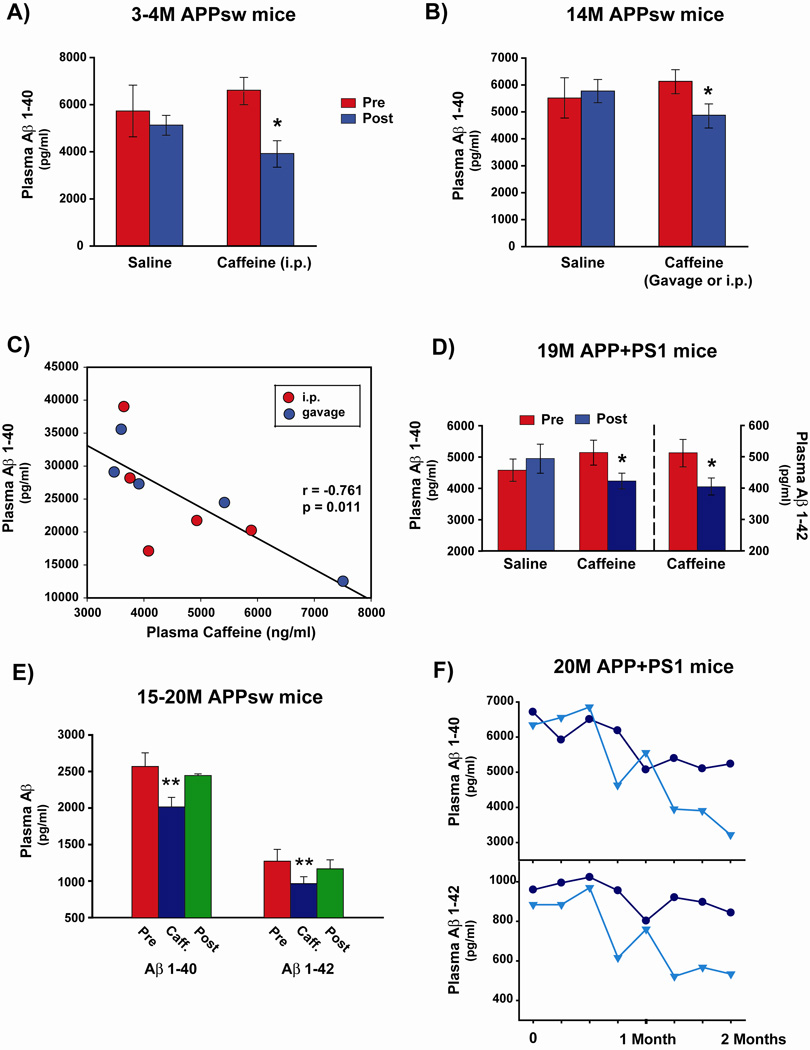Figure 2. Caffeine treatment induces a rapid and sustained decrease in plasma Aβ levels.
(A,B,D) A single i.p. or gavage treatment with caffeine significantly reduces plasma Aβ levels in 3–4 month old (A) and 14 month old (B) APPsw mice; as well as in 19 month old APP+PS1 mice (D). In all three studies, saline vehicle treatment had no effect. (C) Plasma caffeine levels in 14M old APPsw mice are inversely correlated with plasma Aβ1-40 levels. (E) Oral caffeine treatment for one week to 15–20 month old APPsw mice results in decreased plasma levels of both Aβ1-40 and Aβ1-42 immediately following treatment, with a rebound in plasma Aβ levels occurring by 9 days after cessation of caffeine treatment. Each group in A, B, D, and E consisted of 4 – 7 mice. (F) As exemplified by two aged 20 month old APP+PS1 mice, oral caffeine administration every 4th day over a 2-month period induces a sustained and continual decrease in plasma levels of both Aβ1-40 and Aβ1-42 over the treatment period. Post-treatment versus pre- or delayed post-treatment Aβ levels were evaluated by paired t-tests. *p<0.05–0.01 versus pre-treatment levels; **p<0.05 versus both pre-treatment and 9-day post-treatment levels.

